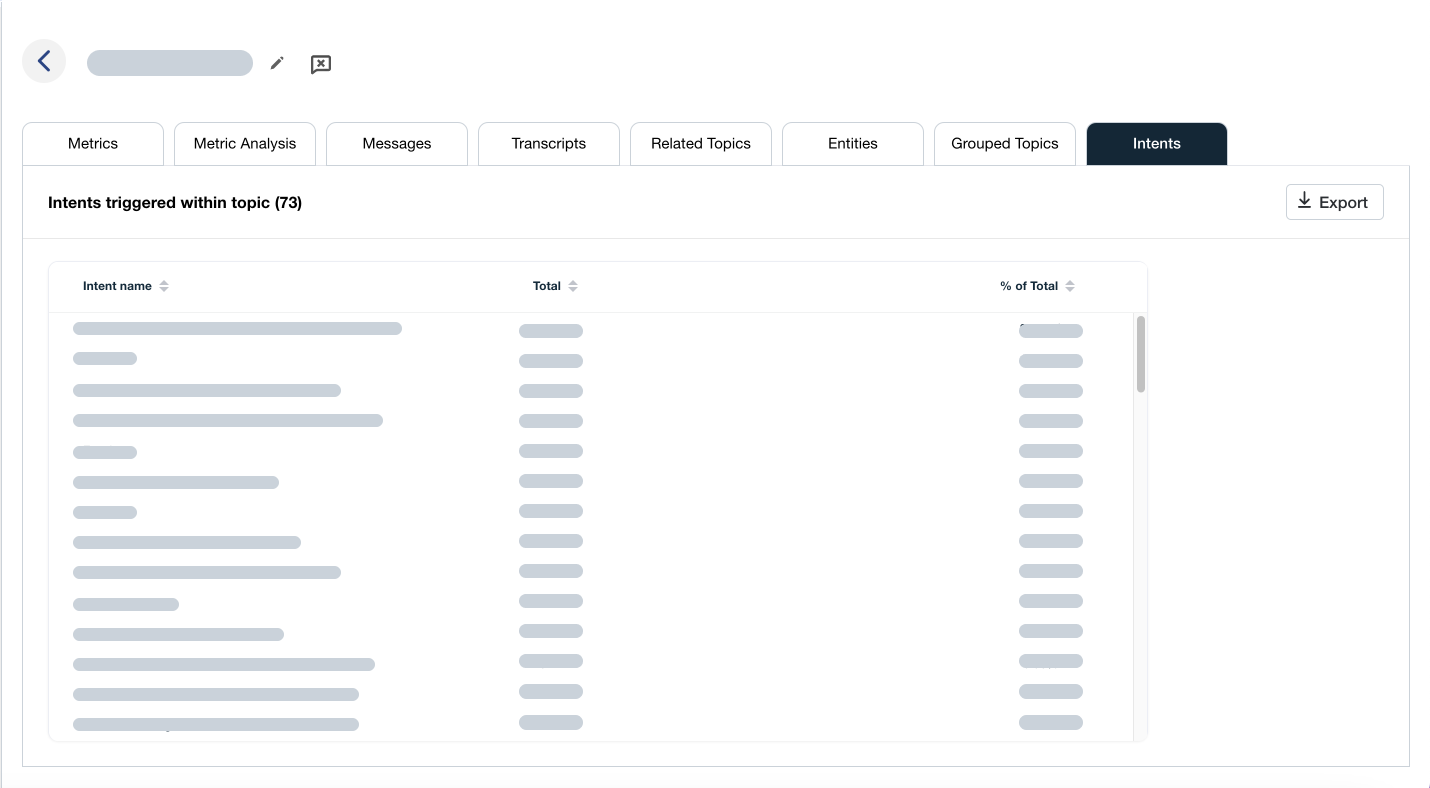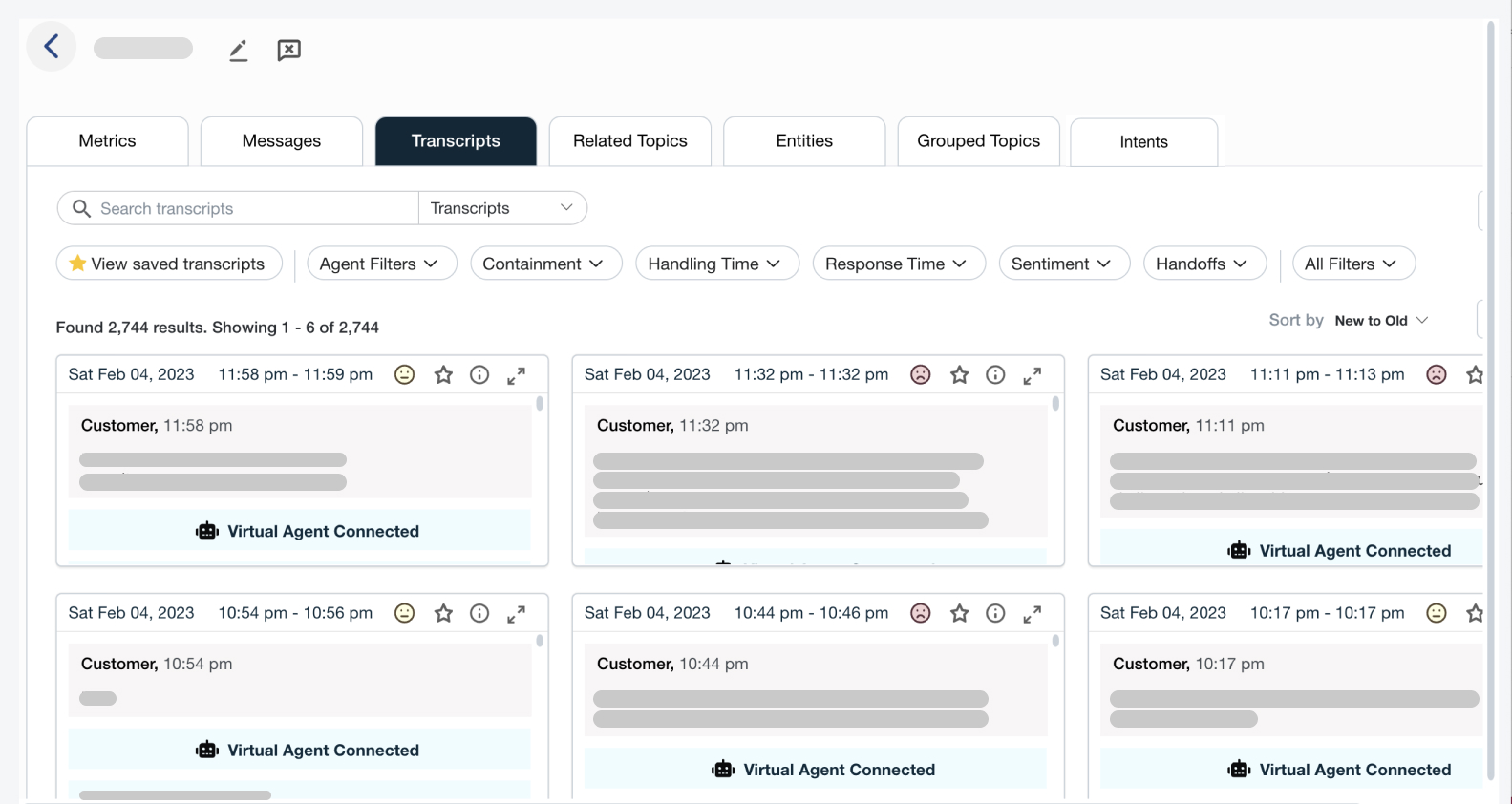Guest Blog: A WFM Epiphany: Leaving the schedule police behind
Guest Blog: A WFM Epiphany: Leaving the schedule police behind

Having worked as a call center manager, Connor Bourkediscusses his own realization of the need to move from being the schedule police to creating a flexible yet fair system with WFM automation.
Early in my WFM career, at which point I was myself working in call centers, I was a stickler for the rules. Agents were required to give one month’s minimum notice to take vacation. Breaks were scheduled and any schedule out of adherence could not be tolerated. All requests for any changes to schedules were to be booked before schedules were finalized and needed to be approved by the Supervisor. Teams were limited to one half hour team meeting per week. All schedules must be rotated and everyone must do their share of weekends and late shifts. AHT was to be kept to goal and managed effectively. Everything had to be fair and organized. Yes, I was the captain of the schedule police.
However, I experienced an epiphany one day. It dawned on me as I was explaining all these rules to some new members of my team, that I had little idea what these rules were supposed to achieve and certainly no idea whether that was being achieved. Most importantly I realized that I did not follow the same rigid standards nor apply them to the rest of the WFM team. In short, I did not lead by example. I didn’t always take my lunch on time, I booked vacation at short notice upon finding a cheap flight online, I pulled my team together to give them an update, or even a team lunch whenever I felt it was necessary. I was not just the schedule police – I was a hypocrite too.
Did these standards I applied so strictly make my own life easier?
Not really. I spent a large degree of my time with high blood pressure stressing at a long string of KPIs, most of which did not really tell me how the customer was faring or whether the company’s bottom line was impacted.
Did the stringent rules and regulations help the employees do a better job?
Well, based on feedback from the frontline staff they certainly didn’t make the employees happier – and if we believe that happy employees are generally better employees (and that is something I strongly believe – as do many experts in the industry) then obviously I was not helping.
Did the strict regulations help our customers?
While planned to improve service levels a lot of what we were doing was not really of benefit to our customers. Agents who are stressed about their AHT or schedule adherence are not focused on helping the customer.
So, if setting a long list of standards, and holding employees to them was not helping – what would help?
The best way to achieve good schedule adherence, and to reduce absenteeism, lateness and attrition is surely to give employees schedules that suit them – and to demonstrate that their work and loyalty are valued. Encouraging planned leave, even at short notice allows us to plan more effectively than unplanned leave that stems from too rigid a leave policy. The best way to cover for that last-minute emergency that would keep an employee from coming to work is to facilitate swapping shifts with other employees. This also empowers the employees and gives them a stake in the company which leads to loyalty. Equally the best way to keep agents focused on delivering exceptional customer service is to measure and report on exactly that – giving good customer service – not by tracking their bathroom time.
Overnight my attitude towards WFM changed from being the schedule police, to being responsible for making it easier for employees to do their jobs well and take a genuine pride in their work.
What did we do?
Preferences
Instead of rotating schedules we asked people what shifts they wanted to work. Yes, most of them told us they wanted Monday to Friday, 9-5 – and those that did kept on rotating, but others said they were happy to work every Sunday, or they preferred a very early start to a very late finish or vice versa. Anyone who gave a preference for what was typically an unpopular shift was given that shift – and instantly absenteeism and tardiness fell.
Leave
We looked into the approval process for leave, and found that despite creating a 3-day delay in having leaves approved, supervisors were approving 100% of what WFM had already approved. So, we simply dropped the Supervisor approval requirement and automated leave approval. Similarly, we allowed shift swaps between any two agents with identical skillsets – again automated and instantly approved. We dropped the requirement for weeks of notice for planned leave and yes, we were faced with some bizarre last-minute requests (one agent told us on a Thursday he needed the Saturday off to attend his sister’s wedding…) but committed to, instead of saying “no” whenever leave quotas were used up, finding a way to say “yes”.
In every case that we received a request from frontline staff, instead of asking “Is this allowed?” we asked, “Is there a valid reason not to approve this?”
Adherence
We recognized that a call of nature, or a call from a particularly infuriating customer could necessitate a few minutes away from the phone – certainly keeping the agent on the phone to take another call in either circumstance was not going to see them performing their best. Consequently, we relaxed the schedule adherence expectation just a little and gave agents a little leeway to manage their own time.
Off-board activities
We identified overstaffed intervals (both against the plan and in real-time) and positively encouraged additional team meetings and coaching sessions when we had the capacity for them, thus making better use of time available.
We organized focus groups with the teams and asked them what they wanted from us – and found that merely asking led to a much more positive view of WFM. We created an NPS survey to measure how our employees felt about the WFM team – and then tracked our improvement.
The result
We changed from being deniers to being facilitators. We focused on the wellbeing of our employees, confident that was the best way to help our customers.
For every stick we had formerly used to enforce good performance we found a carrot to encourage good performance.
Downsides
Now I am sure everyone expects me to say that the results of this epiphany and change in focus were all positive. Well they weren’t. We made some mistakes, learned some lessons and realized that some standards were relaxed too far. But we also found that our employees were happier, and with that happiness came a reduction in unplanned absenteeism and a fall in attrition, with consequent savings in recruiting and training replacements. As in every change it was important to review our policies and procedures periodically against clear goals. More coaching led to lower AHT and a generally positive workplace led to a more satisfied customer base as evidenced by improving NPS and FCR scores.
Looking back
By altering the point of view of the WFM team we were able to transform the entire contact center, demonstrate that the agents were valued members of the team, and make it a better, more rewarding place to work. The winners in the end were not just our employees but our customers and the company itself. Oh, and me, I got to leave schedule policing behind.









